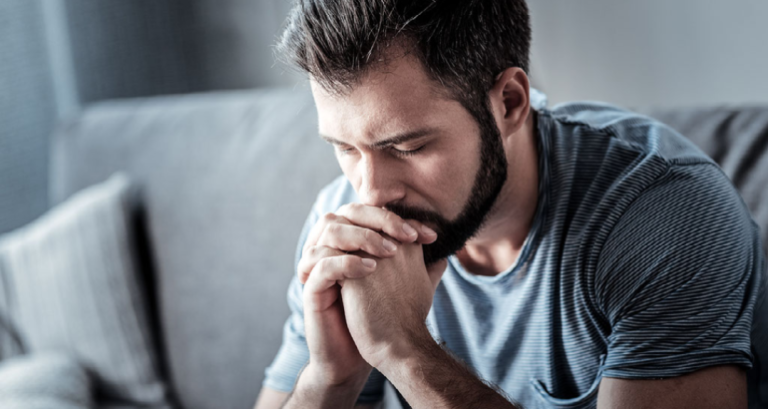Early signs of anxiety
It’s day two of our journey on managing and understanding anxiety through this blog. Today, let’s delve into recognizing the early signs of anxiety, why it’s essential to acknowledge them, and some initial steps you can take to address these feelings.
**Recognizing Early Signs of Anxiety**
Identifying the early signs of anxiety is crucial because it allows for earlier intervention, which can prevent symptoms from worsening. Common early signs include:
1. **Excessive Worrying**: Worrying disproportionately about everyday things, often with a persistent, intrusive, and overwhelming nature.
2. **Restlessness**: Feeling unusually restless or on edge, which is often difficult to control.
3. **Fatigue**: Experiencing fatigue more easily than usual, not due to physical exertion but as a psychological response to sustained stress.
4. **Difficulty Concentrating**: Struggling to focus or mind going blank, unrelated to other health issues like ADHD.
5. **Irritability**: Exhibiting more irritability than usual, especially in situations that typically wouldn’t bother you.
**Why It Matters**
Early recognition of these signs provides a better chance to manage anxiety before it escalates. This can involve simpler, less invasive methods, such as lifestyle adjustments or mindfulness practices, rather than needing more intensive therapy or medication later.
**Initial Steps to Take**
1. **Mindfulness and Meditation**: Practicing mindfulness can help you stay present and reduce overwhelming thoughts. Apps like “Headspace” or “Calm” provide guided meditations that can be a good start.
2. **Physical Activity**: Regular exercise can significantly help reduce and manage symptoms of anxiety. Even a short walk or daily stretching can make a difference.
3. **Healthy Routine**: Establishing a stable daily routine, including regular sleep patterns and healthy eating, can improve overall mental health.
4. **Journaling**: Writing down your thoughts and worries can make them easier to manage and give you a clearer perspective on what triggers your anxiety.
5. **Seek Professional Help**: If your anxiety feels overwhelming or continues to worsen, talking to a therapist or counselor can provide tailored strategies to manage it effectively.
By starting with these initial steps, you can begin to take control of your anxiety. Remember, this journey is about progress, not perfection. Every small step is a step toward better mental health. Stay tuned for tomorrow’s post where we will explore deeper into strategies for long-term management of anxiety.












